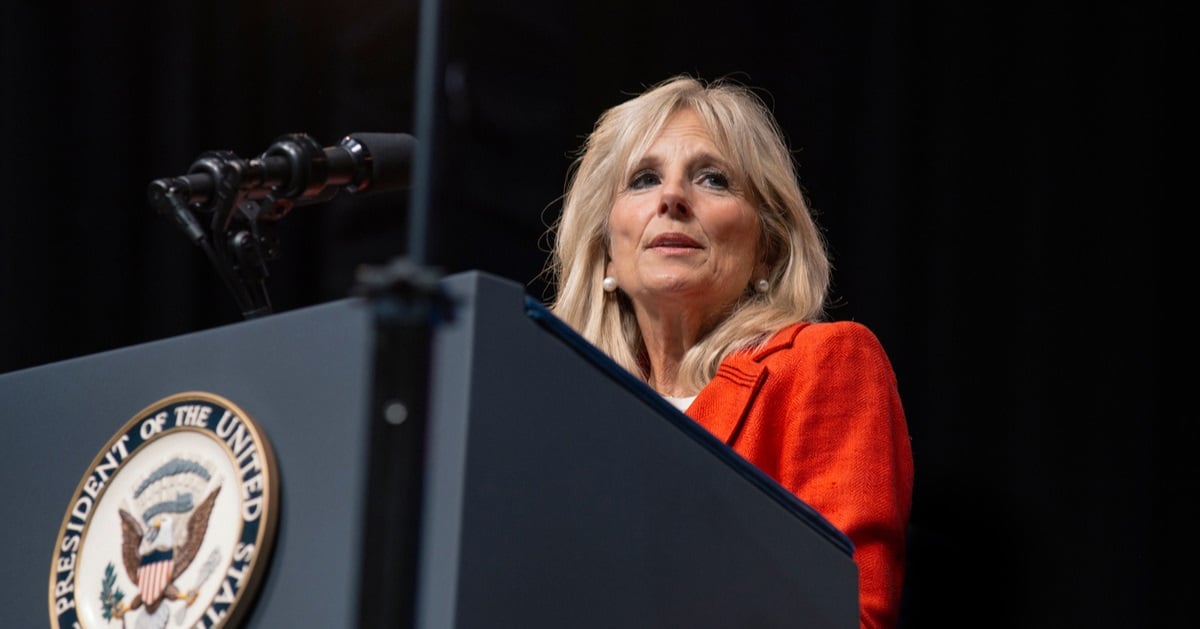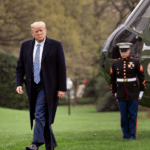


As Donald Trump forms his administration, a notable shift in advisory influence is shaping the outcome.
The Guardian reported that Trump’s cabinet and White House staffing choices are prominently influenced by advisors like Boris Epshteyn, Susie Wiles, JD Vance, and Steve Bannon, amidst internal dynamics and controversies.
The decision-making process for Trump's administration picks has taken place at Mar-a-Lago, Florida, where Trump has consulted closely with his advisors.
These meetings have defined the roles for key positions within his upcoming administration.
Trump's choices for major cabinet positions such as Pete Hegseth for Defense Secretary, Marco Rubio for Secretary of State, and Russ Vought for the Office of Management and Budget reflect the direct influence of his advisors. These decisions underscore the evolving dynamics within Trump’s circle of influence.
Advisors like Susie Wiles and JD Vance have merged their influence, significantly affecting administrative appointments.
Their collaborative efforts have marked a significant shift from the factional influences apparent in Trump's earlier governance period.
Boris Epshteyn notably supported the nomination of Matt Gaetz for Attorney General during a flight from Florida to Washington. However, after Senate Republicans blocked Gaetz due to allegations against him, Trump, influenced by Epshteyn, nominated Pam Bondi as the replacement.
Epshteyn also played a critical role in retaining Todd Blanche, Emil Bove, and John Sauer in pivotal Justice Department roles, indicating his significant impact on legal appointments within the administration.
Steve Bannon has been a staunch advocate for appointing Bill McGinley as White House counsel.
Additionally, his influence helped secure positions for Sebastian Gorka and Scott Bessent, highlighting Bannon's continued relevance in Trump’s advisory panel.
JD Vance, aligned closely with Donald Trump Jr., has pushed for appointments like Brendan Carr for the Federal Communications Commission and Bessent for Treasury Secretary. Vance's group has thus left a substantial imprint on Trump's policy-making landscape.
Susie Wiles has effectively placed her preferred staff in the West Wing, facing little to no opposition. This smooth staffing strategy suggests her strong positioning within the Trump administration.
External figures like Elon Musk and Howard Lutnick have also participated in the transition.
Musk's involvement has been careful and measured, particularly after a controversy involving Lutnick on social media, which somewhat strained his interactions with Trump loyalists.
Lutnick, who initially sought a treasury position, was instead appointed as Commerce Secretary. This appointment reflects the complex and often unpredictable nature of staffing decisions within Trump's transition team, as described by a person adjacent to the Trump team.
"It’s ever-shifting sands of allegiance. The people who you think are your friends may not be the case in 24 hours. We’re all friends but none of us are friends," reflects the unpredictable and transient alliances within Trump's advisory circle.



